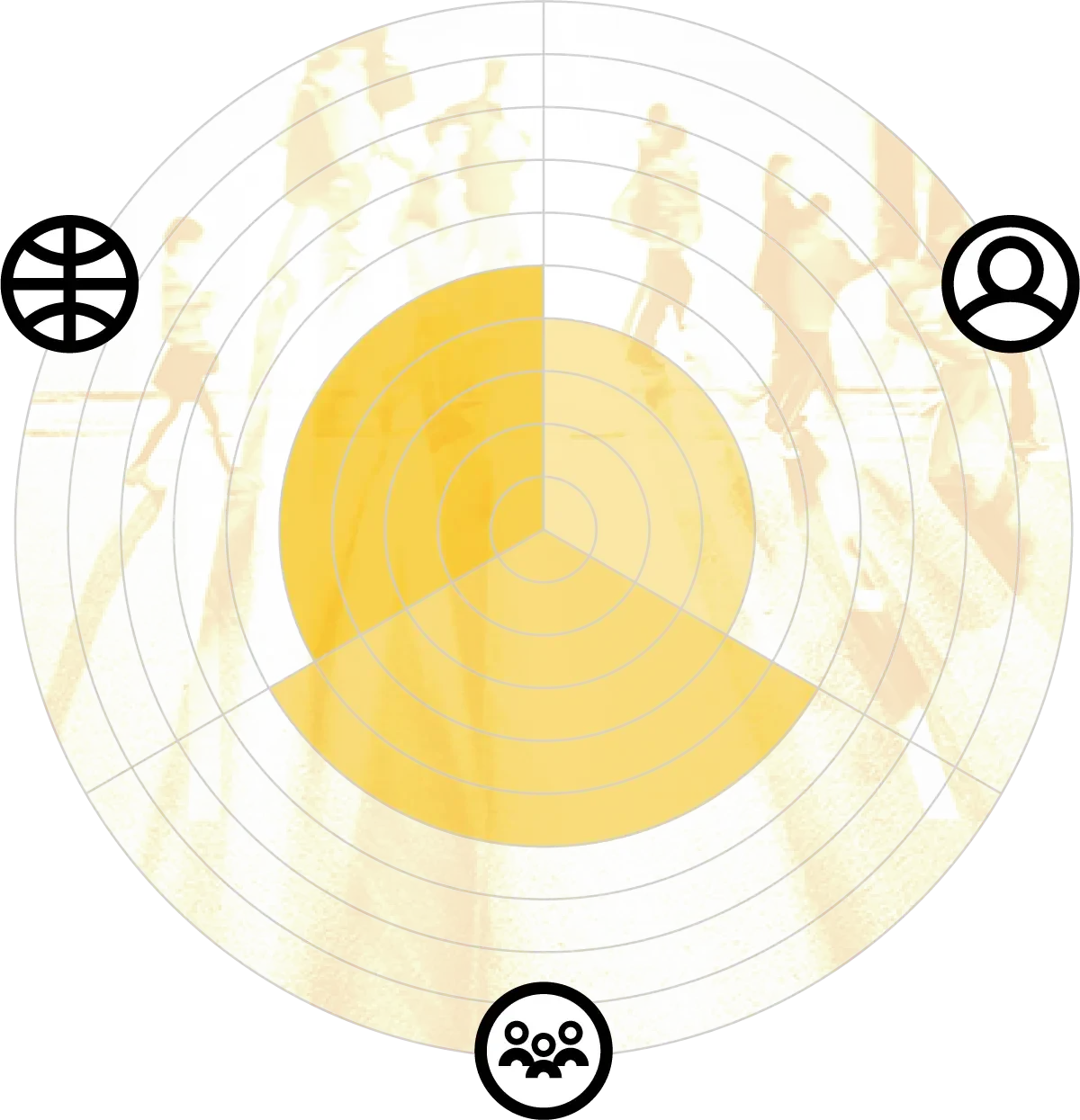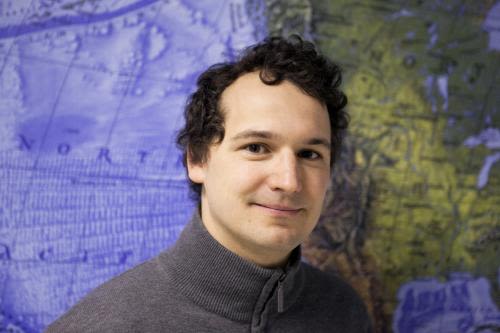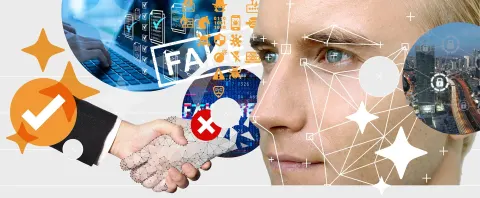Associated Sub-Fields:

Computational diplomacy, for one, is concerned with our emerging ability to map the landscape of international relations, to gather and analyse data on unprecedented scales and to simulate potential outcomes. This has transformational potential for diplomatic activity. For instance, efforts have already begun to plot the networks of influence between actors on an international scale and to use artificial intelligence to mine the large databases of texts relating to historical negotiations and international organisations. As such, computational diplomacy is revealing not only the complexity of modern international relations but the potential knock-on effects of future actions, giving opportunities to favour the emergence of desired outcomes. It also allows actors to better understand the history of negotiations and how changes in language reveal movements in position, and to reduce uncertainty in formulating plans.
Negotiation engineering, on the other hand, is a solution-oriented approach to negotiation problems that uses quantitative methods in a heuristic way to find an adequate solution. The approach draws on breaking down and formalising the problem(s) at hand and on the heuristic application of mathematical methods such as game theory and mathematical optimisation. In this way, it can contribute to recognising feelings and better managing them during the negotiation process, as well as allowing for resolutions of more complex real-world issues.
KEY TAKEAWAYS
Researchers from a wide range of academic disciplines are collaborating to improve approaches to diplomacy through applying numerical and computational techniques as well as AI. Computational diplomacy, for instance, can exploit existing data to better understand past diplomatic achievements and the network structures that facilitated them. Also of interest is Negotiation engineering, which is being transformed by AI techniques and raises the possibility that future agreements will be informed by computationally derived understanding and will more successfully bring together broader groups of stakeholders in complex negotiations, while allowing progress with fewer missteps. Similarly, Predictive peacebuilding has potential to use machine-learning approaches to increase the chances of achieving greater international stability. Trust and cooperation modelling applies computational approaches to the task of establishing relationships that result in positive experiences of cooperation and collaboration experiences while providing tools for distinguishing trustworthy from untrustworthy potential partners.
Anticipatory Impact:
Three fundamental questions guide GESDA’s mission and drive its work: Who are we, as humans? How can we all live together? How can we ensure the well-being of humankind and the sustainable future of our planet? We asked researchers from the field to anticipate what impact future breakthroughs could have on each of these dimensions. This wheel summarises their opinions when considering each of these questions, with a higher score indicating high anticipated impact, and vice versa.
- Anticipated impact on who we are as humans
- Anticipated impact on how we will all live together
- Anticipated impact on the well-being of humankind and sustainable future of our planet








